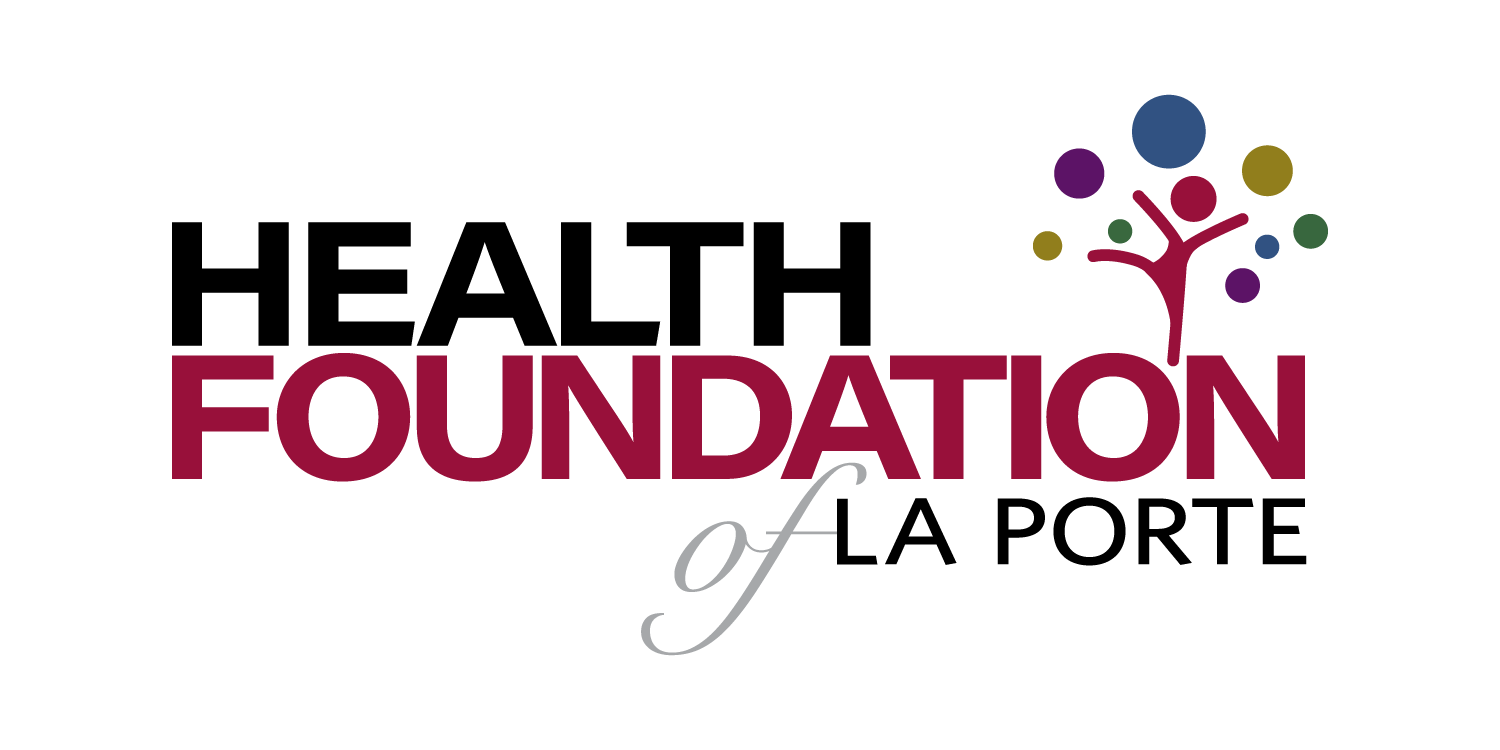Promising Practices
The Promising Practices database informs professionals and community members about documented approaches to improving community health and quality of life.
The ultimate goal is to support the systematic adoption, implementation, and evaluation of successful programs, practices, and policy changes. The database provides carefully reviewed, documented, and ranked practices that range from good ideas to evidence-based practices.
Learn more about the ranking methodology.
Filed under Evidence-Based Practice, Health / Children's Health, Children
Goal: The goal of the Crest Cavity-Free Zone Program is to improve the oral health of underprivileged children.
Impact: The educational program was effective in promoting improved oral health in these children over a four-week period.
Filed under Evidence-Based Practice, Health / Health Care Access & Quality, Adults, Older Adults
Goal: The goal of this study was to determine the effect of interdisciplinary primary care teams on health care utilization by patients with multiple chronic conditions.
Impact: This study concluded that guided care models can significantly impact home health care episodes.
Filed under Effective Practice, Health / Mental Health & Mental Disorders, Adults, Racial/Ethnic Minorities
Goal: The MUSC Psychiatry Residency program has the following goals related to diversification of the health care professional pool:
- increased racial and ethnic diversity reflecting the general South Carolina population
- promotion of racial/ethnic and gender diversity in leadership positions within the School of Medicine
- promotion of cultural competency and understanding
- more opportunities within the College of Medicine at all levels for individuals from all backgrounds
Impact: The proportion of URM applicants to MUSC psychiatry residencies increased from 8% in 2008 to 17% in 2015. The percentage of URM psychiatry residents enrolled in MUSC has tripled over the last seven years, from 9% in 2008 to 28% in 2015.
Filed under Good Idea, Health / Heart Disease & Stroke
Goal: The goal of this program is to improve standards of care for patients with cardiovascular diseases and diabetes in Missouri.
Filed under Evidence-Based Practice, Community / Social Environment, Teens
Goal: The goal of the TFCO program is to decrease problem behavior and to increase developmentally appropriate normative and prosocial behavior in children and adolescents who are in need of out-of-home placement.
Impact: When compared with the control group, TFCO youths spent 60% fewer days in incarceration, had significantly fewer subsequent arrests, and had significantly less hard-drug use.
Filed under Evidence-Based Practice, Health / Immunizations & Infectious Diseases
Impact: The Community Preventive Services Task Force (CPSTF) recommends using a combination of health care system-based interventions to increase vaccination rates in targeted populations.
A Population Health Approach to Clinical Social Work with Complex Patients in Primary Care (Portland, Maine)
Filed under Evidence-Based Practice, Health / Other Conditions
Goal: Patients with the highest medical and social vulnerability require a population-specific social work intervention in primary care to achieve positive medical outcomes and to decrease inefficient use of services, especially inpatient admissions and ED visits.
Impact: The study exhibits promise in decreasing inpatient visits and cost. The evidence also supports population-specific social work interventions integrated in primary care.
Filed under Good Idea, Health / Health Care Access & Quality, Urban
Goal: Access to Care aims to meet primary health care needs of low-income uninsured individuals.
Filed under Evidence-Based Practice, Health / Children's Health, Children, Families, Urban
Goal: The goal of the program is to teach parents/caregivers effective parenting skills, create a support system for their children, and equip participants with non-violent techniques to encourage a safe environment at home and in the community.
Impact: ACT program has been shown to prevent child maltreatment and promote positive parenting skills, including reducing physical violence towards children, improving knowledge of appropriate discipline, and improving parent methods for teaching children nonviolent social skills.

